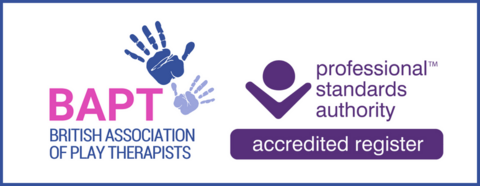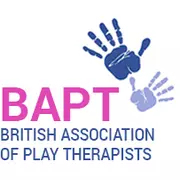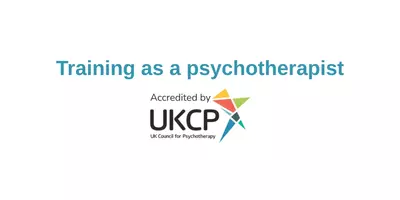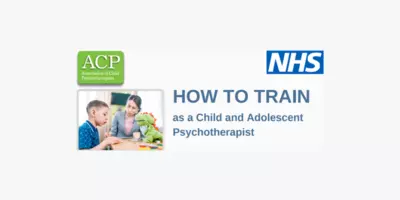
4 Jun 2025 ● British Association of Play Therapists
Where and how to train as a BAPT Play Therapist®

BAPT Play Therapy Qualification
Qualification courses accredited by the British Association of Play Therapists are post-graduate level and it is usual for trainees to hold a first qualification in either teaching, social work, occupational therapy or other related field and to have extensive experience of working with children.
There are three minimum entry requirements:
- Academic qualifications – bachelor’s degree in Psychology, Education, Early Childhood Studies, Mental Health (Psychiatric) Nursing or Social Work etc
- Professional qualifications – Teaching, Nursing, Nursery Nurse, Social Work, Visual Art, Drama, Performing Arts, Occupational Therapy or Probation Officers
- Work experience – at least five years’ work experience in a relevant field
Some qualification courses will accept applicants who do not hold a degree in a modality relevant area. However, applicants will be expected to have considerable experience of working in a professional capacity with children, young people and their families/carers. Please ensure that you read the entry requirements and contact the universities direct if you have any further questions.
Personal therapy and supervised practice are essential elements of the training. All students are required to be in personal therapy for the duration of the course.
Currently, BAPT accredit three clinical qualification courses, each of which, would enable you to become a BAPT Registered Play Therapist®. Two are part time, whilst one is full time. All courses are at master’s level. The courses listed below have been accredited by the association and are therefore recognised by BAPT as providing entitlement to Full Membership and a qualification to practise.
Our courses take place at the following amazing providers:
Queen Margaret University, Edinburgh
University of Roehampton, London
University of South Wales, Cardiff
Please note that there are additional commitments for BAPT accredited play therapy qualifications:
- Face-to-Face Personal Therapy x 60 hours (Costs vary)
- Supervision x 50 hours (Costs vary)
- Play Therapy placements
- Travel to Placements – Students are required to fund their own travel costs to their placement. – (Costs vary, depending on locations)
- Travel to Infant Observation – Students are required to fund their own travel costs to their infant observation. – (Costs vary, depending on locations)
- Travel to Personal Therapy – Students are required to fund their own travel costs to their personal therapist. – (Costs vary, depending on locations)
- Travel to Supervision - Students are required to fund their own travel costs to their supervision. – (Costs vary, depending on locations)
- Personal indemnity insurance
- DBS registration
- Purchase of some toy resources
- Use of a video camera for placement recordings
- Ongoing costs, such as printing/book purchases, etc.
Please refer to the universities websites for further clarification.
If you are interested in training to become a BAPT registered Play therapist® you may also find it useful to attend one of our Play Therapy taster days or short courses. These short courses will give you an opportunity to learn and experience some of the theory and practical skills required for Child-Centred Play Therapy.
All student Play Therapists must be BAPT Student members on starting any BAPT accredited Play Therapy MSc course and are required to have a BAPT Approved Supervisor ® from September 2024.
Play Therapy Career Stories
- What do BAPT Registered Play Therapists® do?
- Where do BAPT Registered Play Therapists® work?
- Who do BAPT Registered Play Therapists® work with?
Find out about how BAPT Registered Play Therapists® work in different settings. Read the real-life case studies, written by qualified Play Therapists.
Click on a link to read each career case study:




